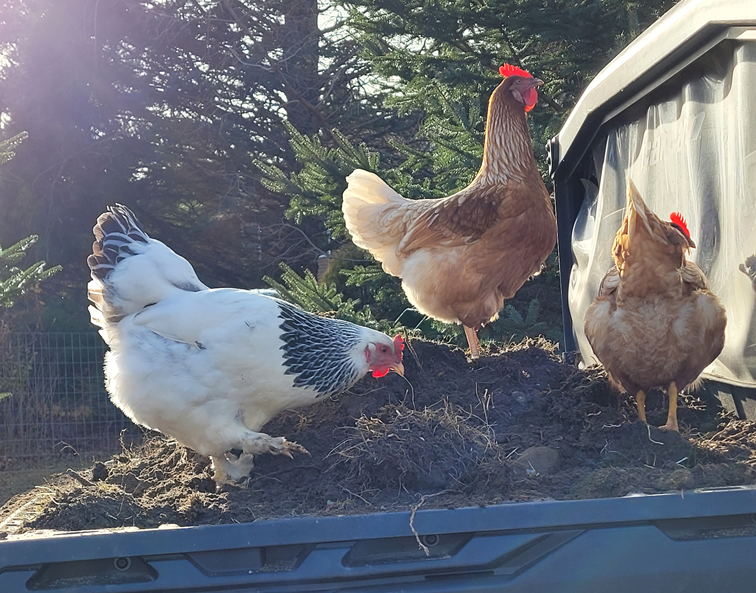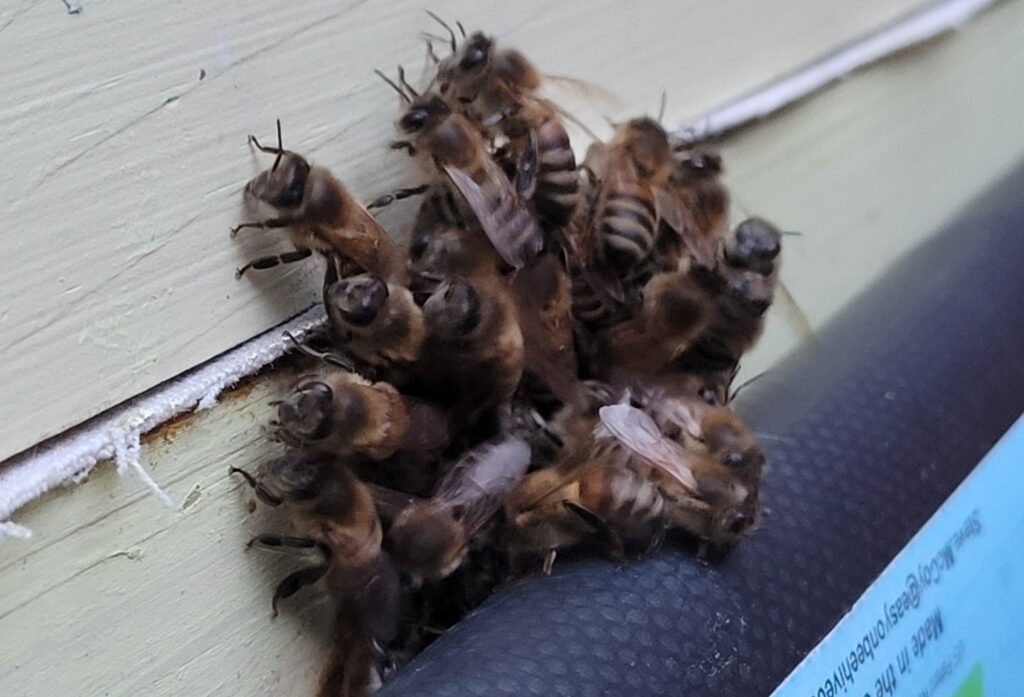Critics of small-scale farming usually focus on efficiency. Compared to large-scale industrial operations, small farms provide lower yields per acre. They also lack access to resource-saving technologies like precision irrigation and data-driven fertilization systems. But does this make small-scale farming environmentally unsound?
Many small-scale farms don’t have the money to rely on anything but labor-intensive activities and basic tools. When yields are lower, more land is needed to produce the same amount of food. This can create pressure to expand farming into sensitive ecosystems such as wetlands. From this perspective, it’s possible to see why some say that small farms are environmentally unsound.
Resource use is another concern. Without capital-intensive irrigation systems, small farmers may overapply water. In turn, agricultural runoff contributes to nutrient pollution and eutrophication in waterways. Inefficient irrigation also wastes increasingly scarce water resources. Similarly, limited access to fuel-efficient equipment can mean that emissions per unit of food produced are higher.
From Efficiency to Stewardship
Yet this assessment changes if you shift your analysis from efficiency to stewardship. Small farms are more ecologically diverse. They cultivate multiple crops in the same fields and, in some cases, integrate livestock such as sheep and chickens. This diversity provides environmental benefits: improved soil health, reduced pest pressures, and greater resilience to weather extremes.
Small-scale farmers may also rotate crops, grow cover crops, and apply compost. This enhances soil fertility and reduce dependence on chemical fertilizers. By contrast, industrial operations are dominated by monoculture farming, a practice that tends to degrade the soil and increase erosion. Industrial agriculture also requires heavy chemical inputs, some of which are petroleum-based.
Today, many small-scale farmers follow regenerative practices that align with long-term land stewardship. They substitute synthetic fertilizers with manure and compost. They also practice natural pest management strategies that protect pollinator populations. Industrial agriculture needs pesticides and herbicides to achieve short-term efficiency gains at long-term environmental costs.
Beyond Scale and Toward Management Practices
What about carbon sequestration? Large farms can afford renewable energy technologies, but smaller farms may reduce tillage, even if it’s because no-till agriculture is easier. Transportation matters, too. Small farms often serve local and regional markets, reducing the need for long-distance logistics. This lowers transportation-related emissions and strengthens local food security.
Does the environmental soundness of small-scale farming depend less on scale and more on management practices? Yes, small farms that are poorly managed are inefficient and produce negative environmental impacts. Yet there are also many small farms that care for soil health, biodiversity, and community. Financially, these farms do so at a cost that they alone bear.
Instead of arguing about whether small-scale farming is environmentally sound or unsound, why not focus on supporting best practices like regenerative agriculture? No, small-scale farming is not inherently environmentally sound. With knowledge and realistic investments, small-scale farms can contribute meaningfully to a sustainable agricultural future.

